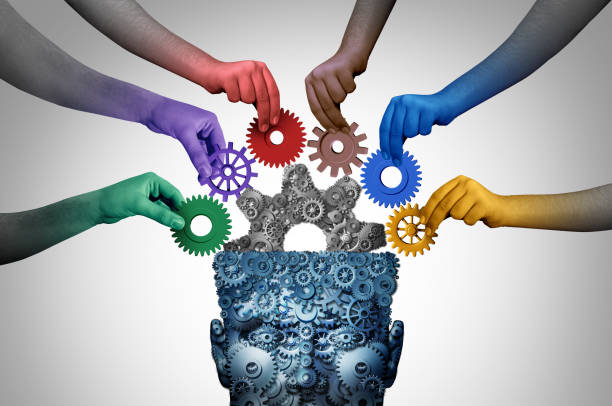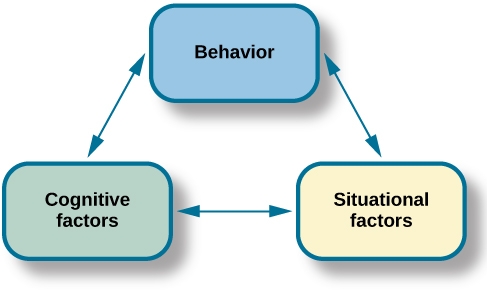Social cognition and understanding about human beings and their doings. Machines, mathematics, and mental states are all items of cognition, as an instance, but only human being’s information approximately mental states would be seemed as a topic within social cognition. Social cognition bears at the strictly social and mental world, now not the physical and logical-mathematical ones, even though all three worlds glaringly have human being’s fingerprints all over them. Social cognition is currently of remarkable hobby to psychologists, non developmental as well as a developmental.
Social cognition refers to a complicated set of intellectual skills underlying social stimulus notion, processing, interpretation, and response. Together, those capabilities guide the improvement of adequate social competence and adaption. Social cognition has a protracted improvement via infancy to adulthood.

Example
Attribution theory: people try to decide why others do what they do, often attributing their movements to either internal, tendencies or external conditions.
Stereotyping: based totally on restrained information, individuals would possibly categorize others into organizations and make extensive generalizations approximately their traits.
Belief and Social Cognition:
On the middle of social cognition is the procedure of belief, where individuals interpret and make feel of social stimuli. This includes spotting faces, decoding facial expressions, and understanding body language. The brain has specialized mechanisms for processing social statistics, allowing us to quick determine the emotional nation and intentions of those round us. These perceptual talents shape the foundation for higher-degree social cognition techniques.
Concept of thoughts:
One crucial element of social cognition is the idea of “theory of mind” (ToM). This refers to the capability to attribute mental states—such as beliefs, goals, and intentions—to oneself and others. Developing a sophisticated principle of thoughts is vital for knowledge and predicting the conduct of others, enabling us to navigate social situations successfully. Deficits in ToM are often discovered in situations like autism spectrum disease, highlighting its importance in social functioning.

Attribution and Judgement:
Social cognition additionally entails making attributions and judgements approximately the causes of human beings’s conduct. This consists of determining whether or not someone’s movements are due to inner factors (which includes character traits) or outside factors (which include situational impacts). Information the nuances of attribution enables individuals shape greater accurate impressions of others and impacts their very own behavior in social interactions.
Memory and Social cognitions:
Memory performs a essential position in social cognition by means of allowing people to store and retrieve facts about social interactions. The manner we don’t forget past occasions and studies with others shapes our expectancies and impacts destiny interactions. Reminiscence biases, which include the positivity bias (remembering positive statistics extra without difficulty than poor), can effect our perceptions of social relationships.
Cultural affects on Social cognition:
Social cognition isn’t a accepted, one-size-suits-all procedure: it’s far closely motivated by way of cultural elements. One of a kind cultures may additionally prioritize sure social cues or emphasize specific components of social interactions. Go-cultural research have discovered variations in social cognitive procedures, highlighting the dynamic and adaptable nature of social cognition.
Implications for intellectual health:
Social cognition plays a pivotal function in mental health, influencing how people form and maintain relationships. Disorders which includes schizophrenia, depressions, and anxiety are related to disruptions in social cognitive tactics. Understanding these cognitive aspects is essential for developing powerful therapeutic interventions and aid structures for people facing social cognitive demanding situations.
Conclusion:
Within the elaborate tapestry of human cognition, social cognition stands out as a dynamic and essential thread. From perceiving social cues to navigating complicated social landscapes, our capacity to understand and have interaction with others shapes the cloth of our social existence. By delving deeper into the mechanisms and intricacies of social cognition, researchers and practitioners can pave the way for a better knowledge of human conduct and stepped forward interventions for individuals facing social cognitive challenges.


